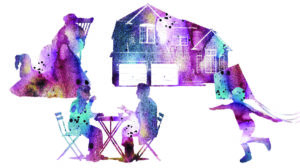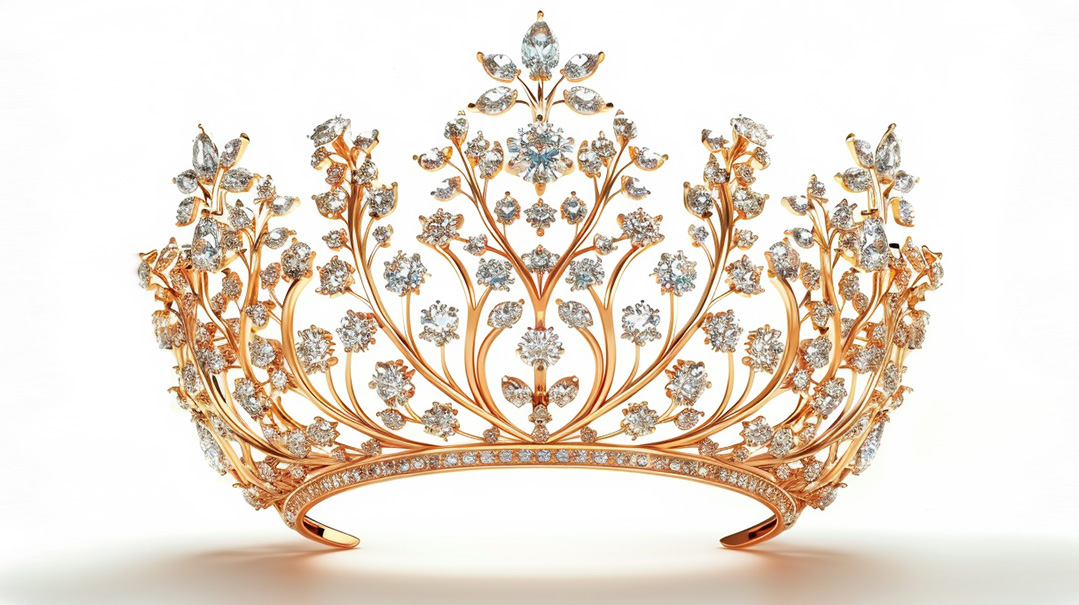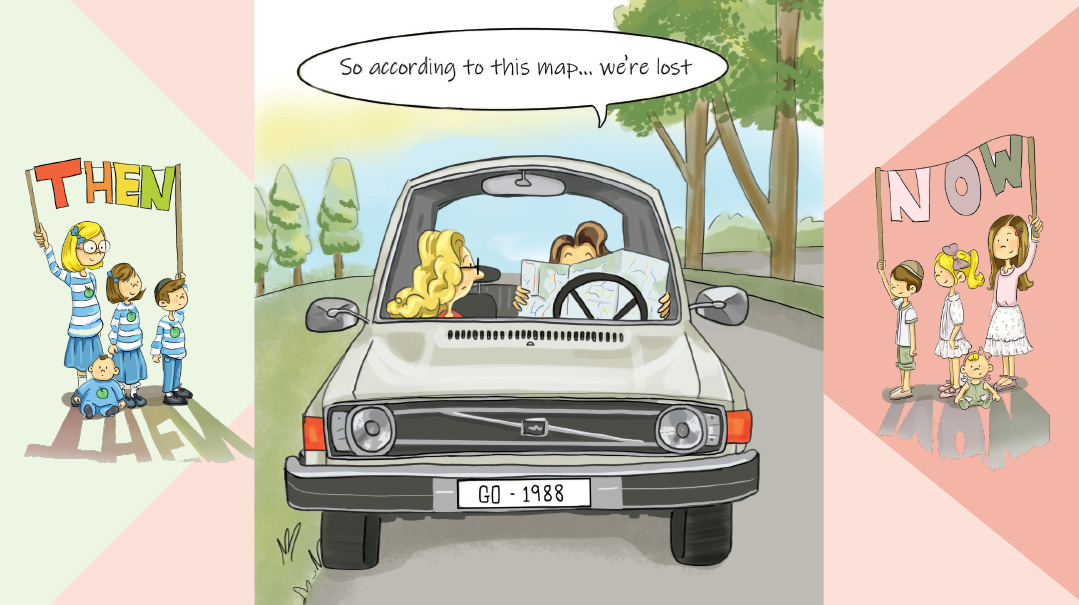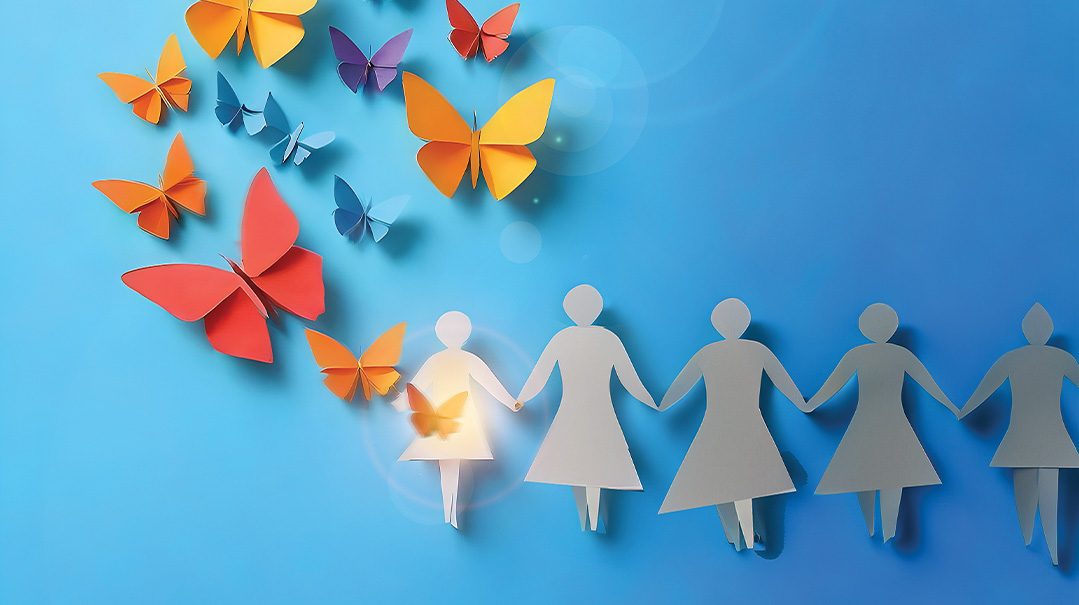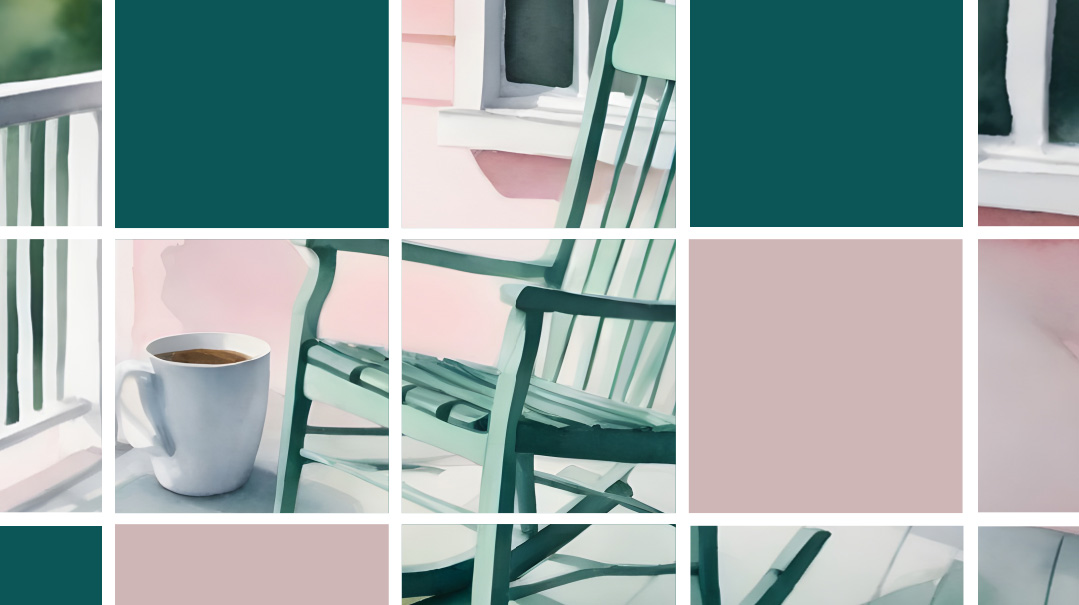Shehecheyanu Moments: Five Stories
| September 16, 2020Shehecheyanu is the brachah on fresh chances. At the brink of a new year, we look back with gratitude over what we’ve achieved, and look forward to possibilities and potential ahead
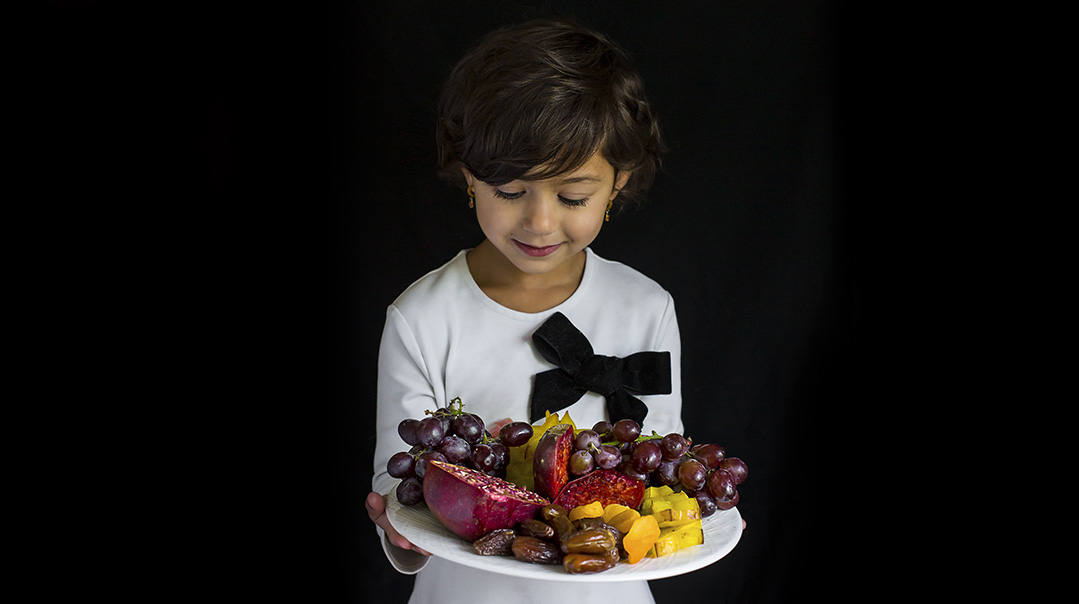
A Step forward
Elana Moskowitz
Moskowitz children are notoriously late walkers. While their contemporaries swagger proudly across the living room like little drunken sailors, my offspring are considering crawling.
Over the years I’ve learned to relax when their first birthday passes without monumental gross motor achievements; instead, I enjoy the reprieve late walking affords (think safe kitchen cabinets and drawers). At least until I was expecting Meir.
As the ultrasound screen glows in a shadowy exam room, I marvel at the delicate threadlike fingers (“count them, five!”) and gape at the pulsing contours of a beating heart (“do you see all four chambers?”). Scans from previous pregnancies have honed my ability to recognize the fuzzy image on the screen of this tightly curled creature, and I admire the myriad components of a wondrously evolving being.
At some point in his running commentary, the doctor nimbly weaves a question: “So, do you have any orthopedic problems in your family?”
Orthopedic problems? All I can think of are the sprains and breaks that typify a healthy, active bunch of kids.
“Have you ever heard of clubfoot?” he continues in an even tone.
Unfortunately I had. My brother-in-law was born with clubfoot, a congenital orthopedic condition in which one or both feet are turned inward and downward. A century ago, people born with this defect never walked properly, relying on wheelchairs or crutches for mobility. My brother-in-law had endured multiple painful surgeries to realign his feet, and still occasionally suffered discomfort and leg fatigue.
“See your baby’s feet?” The doctor thrusts a finger at the glowing screen. “He seems to present with a classic case of bilateral clubfoot.”
“Meaning…” I press him to continue.
“He’ll have to see a pediatric orthopedist shortly after birth. There’s nothing to do until then,” he hastily concludes, eager to move on to the next appointment. And with that, I’m summarily dismissed.
I spend the next four and a half months digesting the news. I do some research and learn that my brother-in-law’s invasive clubfoot protocol has been thankfully updated to a non-surgical procedure that garners good results.
But the clubfoot moms who blog about their experience leave me overwhelmed at what seems like an endless timetable for proper treatment. Months. Years. And the detailed before and after pictures they thoughtfully provide leave me battling waves of nausea that are decidedly not pregnancy related.
The only person we update is my father, a veteran oncologist. Decades of treating brutally ill patients has given him the perspective we desperately need.
“It’s treatable. It’s not life threatening,” he assures us. And he’s right. It’s not metastatic, it’s not the baby’s heart or lungs or kidneys. But when I think of the oft recited brachah “sheyelech b’orchos yesharim, may he walk in straight pathways,” I cringe. Will he walk normally? And when?
In the waning hours of Elul 5771 my son is born. At just over 5 pounds, he’s a typical Moskowitz lightweight. And there was no mistake in the ultrasound: he has clubfoot, and it’s not a mild case. His feet look like they’ve been appended backwards onto his scrawny legs.
For once I’m thankful for the multiple layers of hospital clothing cocooning his body; I can occasionally “forget” about his misshapen feet and the uncertain journey that lies ahead.
Ten days after birth, under a misty pre-dawn sky, I bundle baby Meir on a bus to Tel Aviv and we embark on our first weekly trip to the clubfoot clinic. Tuesday morning’s orthopedic ward is an ingathering of sorts, a diverse assortment of parents with children in varying stages of treatment. And although the mood at the clinic is optimistic, an undercurrent of disquiet festers: Has your child responded to treatment? How many rotational degrees do his feet still have to be repositioned?
More concerning are the stories anxious mothers swap: Children whose feet remained stubbornly unresponsive, or worse, inexplicably reverted to their twisted pretreatment posture.
On one point everyone agrees — walking will likely be somewhat delayed. Our infants’ and toddlers’ feet are immobilized for hours a day in orthopedic shoes to preserve their rotated position. Can a toddler, even an athletic one, master walking during the slim few hours he is released from this awkward bondage?
Meir actually crawls relatively early for our family, his special shoes clicking across the floor like the Kohein Gadol’s chiming bells. But a year-plus passes without any indication of walking.
Then we hit the year and a half mark. Even the most leisurely Moskowitzes never dawdled past this point.
Shevii shel Pesach. We are relaxing on the couch with the children, recounting the miracle of Kri’as Yam Suf. Meir is enjoying a shoeless interlude and is practicing free standing near the easy chair. The children have unsuccessfully coaxed him toward a few steps numerous times before, but now they are determined.
“Come, Meir! Come to me!” they call and clap, gesturing with excitement.
And with a grin as wide as the living room, Meir takes a first tentative step. And then another. And another. Within moments he is wobbling between the chair and couch, supremely pleased with his new skill and the ruckus it engenders.
My husband and I stare in wide eyed wonder. The significance is not lost on us. On the day Klal Yisrael crossed the Yam Suf, baby Meir has traversed a sea all his own.
First Fruits
Avigail Rabinowitz
Year after year after beautiful year, the shesek tree outside our Jerusalem apartment building stands sentry in all its leafy charm.
For many months it’s taken for granted, a prop on the stage of an enchanting little courtyard. But it stands patiently, knowing from years past that it will yet have its day in the sun.
As Chanukah heralds Tu B’Shevat, the tree begins to gain notice. We watch the branches flower and then fully bloom, and await the best that’s yet to come. It isn’t long before the fruit begin to make their appearances, initially green, until a slow yellow-orange creeps over them, peeking out from verdant long leaves.
Along with the metamorphosis of the growing shesek, an amazing social phenomenon annually unfolds. Our eclectic and multicultural building occupants, always cordial but not very engaged, find commonality at our once-a-year residential water cooler.
Neighbors schlepping in with packages or arriving home from work stop for a few minutes to pluck heavenly candy from the tree. Elderly Leah Chazut is chatting with a young American kollel wife (okay, that would be me) as they both watch the children of the Persian olim from apartment 12 climb the sturdy tree to help supply the timid or old with a snack.
Looking on with almost paternal pride is Moshe, our irreligious Israeli neighbor. The rest of the year the children avoid Moshe, a reticent sabra, voice husky from smoking, who drives a taxi now that he’s retired. But Moshe is also the gardener par excellence whose green thumb and loving attention to the trees and roses create this oasis of lush charm tucked away amid a cosmopolitan city.
Our first spring living in the Holy Land, I saw the children eating from the tree, and asked an elderly Moroccan neighbor if it was safe. Her eyes widened, and I watched it dawn on her that this expatriate New Yorker had never seen — or even heard of — shesek. She excitedly rushed to make the introduction.
Rachel became my shesek instructor, proudly demonstrating how to take the freshly picked loquat, gently peel the skin off the fleshy fruit instead of washing it, make a brachah and sample the fruit. I saw from her expression that she was enjoying a marvelous experience.
Taking a second fruit, she presented it to me with a flourish. I was treated to a burst of the most intense, rich, sweet taste, with a citrusy kick that makes it impossible to eat just one… or two… or three… but we were at the mercy of whatever neighbor kid was up in the tree passing down the ripe fruit until he was just too tired. But tomorrow would be another day…
The scene of neighbors and children under the shade of the shesek tree repeats itself annually with little variation. And always it’s a mere few days before all the low hanging fruit are gone, and that’s when the fun really starts!
Every afternoon (no worries, not “bein shtayim l’arba,” chalilah, for we’ve been well trained — or browbeaten — to show respect for the old-school Israeli siesta), the kids from the building are found gathered around the gnarled trunk as one brave soul or another climbs up high into the branches, passing down packets of rich, fruity goodness to the children standing below.
I’ve never seen a neighbor pass and resist the pull to stop near the children and wait to be offered a chance at having nectarous juice dripping down their face and making their fingers sticky and sweet.
Each year anew, as the flowers bloom outside my window, I anticipate that first bite of the sweet, heaven-sent goodness of this unique fruit off its beautiful tree, in a singular country, in the holiest city, in which I am zocheh to live.
Spread Your Wings
Esther Shaindy Leshkowitz
A few days before my daughter was set to leave for seminary, I was at a sheva brachos, making small talk with the woman sitting next to me.
“You poor thing,” she said when she heard my daughter was flying to Israel. “When my girls left to seminary, I felt like I’d lost a limb.” This dire pronouncement, while extreme in expression, wasn’t unfamiliar. I’d been hearing somewhat less dramatic echoes of this same sentiment for a while: Oh, your only daughter is leaving! How will you manage? It must be so hard for you.
I wasn’t entirely sure how to respond. I wasn’t feeling at all bereft at the thought of my daughter’s departure. None of this was a surprise — not that she was going to seminary overseas, nor that she had grown from child to adult.
I’m of the school of thought that we should care and nurture our children with the goal of their adulthood in mind, so the fact that my daughter had reached this milestone thrilled me. But to voice this sentiment to people who wanted to share my nonexistent grief felt callous, as if I was discounting the past or present pain they felt when they sent their own daughters off.
And, I admit, I was somewhat discomfited. Why wasn’t I feeling sadness and grief? Did it mean I was missing some fundamental emotional receptor every other mother got the instant their first child was born?
These questions partially eclipsed my joy, but I felt soothed when I learned I was not alone in my sentiments.
“Is there something wrong with me if I’m not sad my daughter’s leaving to seminary?” a friend whispered into the phone, lest an errant word escape to break her daughter’s heart. It was like we were lone members of a clandestine club no one wanted to join. “I wonder if everyone feels as we do, but they’re afraid to admit it,” my friend mused, as I pictured my foyer devoid of six extra pairs of shoes. But even knowing I was not alone, I was still reluctant to admit the only emotion I felt was joy, in its purest form.
At the airport, I snapped some pictures, hugged my daughter, and said goodbye. She turned to go, and I waved, long after she walked onto the jetway, unable to see me anymore. All the while, I conducted an internal-emotions-systems check; still, there was no sadness, no grief, only happiness, joy, and my daughter’s nervous excitement igniting my own.
As we left the terminal, I told my husband, “I feel like I should cry, but I can’t; I’m just so happy.”
“Why would you cry?” he asked, and his perplexed tone underscored the logic of his response. Indeed, why would I cry if I didn’t feel the need? Emotions can be fickle. They don’t show up just because someone else said they should.
Often, important moments in life are not accompanied by the expected feelings. The human tendency to share experiences writes an unintentional script for emotions, one we all expect to follow. When we don’t, we wonder if it is us who are incomplete, or the milestone. But maybe it’s neither, because there’s no script for feelings.
Feeling liberated to embrace my joy, I wanted to give it expression.
“Let’s go to Coney Island, I want to ride the Wonder Wheel.”
This was an unusual choice; the sensation of being so high with nothing solid below my feet makes me woozy, but it’s not every day you send your oldest child on her first steps toward her adult life.
The Ferris wheel rose, I felt my spirits soar, and Brooklyn unfolded below — a panorama of yellow squares of light, red taillights streaking on the roads, a dark mass of ocean. I looked at the expansive cityscape below, and it echoed the wide-open joy in my heart.
Home Sweet Home
Elisheva Luger
I made aliyah in 2006 and with the naivete and self-assurance of a 20-year-old. I thought that meant I was now Israeli. I descended the plane and stood in awe as so many around me kissed the ground and recited shehecheyanu. Families reunited and lifelong dreams were being fulfilled; there were tears of joy and cries of laughter.
I got settled and got cracking. I worked meticulously on my accent. I filled my kitchen with Middle Eastern spices and when asked where I was from, I’d respond with something along the lines of “Well, I’m from New York, but I’m Israeli now.” Ha!
While I did indeed improve my accent and learned to navigate Israeli bureaucracy, I eventually learned and begrudgingly accepted that no, I wasn’t Israeli, and that was okay. I had to admit that while I loved hummus and fresh pita, sometimes I really wanted some good old-fashioned egg challah, or a New York–style deli sandwich. And if I was honest, dare I say… American customer service?
But I was here, and that was good. While my childhood took place in New York, I always joked that I grew up in the quant little neighborhood of Nachalaot, Jerusalem. Aren’t our twenties the decade in which we really grow up?
Every year, I dutifully went back to America to visit, and as soon as I landed at JFK, I would suck in that New York air, usually frigid cold or a musky humid. It tasted like home and it tasted good. I’d walk through the streets, and the pace of all the people around me felt so comfortable and familiar.
Eventually, as the years passed, I’d land in New York and feel neutral. It wasn’t home, but it wasn’t foreign. I was forced to admit that I was starting to feel different there. But I’d get back on that blue and white striped plane only to greet the same feeling of confusion. Where was home?
A number of years after my aliyah, after remaining in Eretz Yisrael without visiting America for almost two years, I knew it was time to visit. I arrived in New York disoriented and… nervous. What was that smell? And why was everyone standing so far apart in line? Can’t we get things moving?
While I enjoyed visiting my family, and yes, the shopping, in the vibrant Jewish communities I always called home, I felt distinctly out of place
What’s wrong with me, I wondered. I’m in the park, the same park I played in when I was five years old. Why do I feel so much like I don’t belong here? I walked into the supermarket, but instead of my usual feeling of excitement over the abundance, I just felt overwhelmed. Why is there a whole aisle for milk? Who needs so much aisle space?
Throughout the trip I felt anxious and unsettled. I was relieved to head back. After a grueling flight, the lights of Tel Aviv came into sight and I let out a deep exhale. I descended the plane, collected my luggage, and hopped into a taxi back to Jerusalem.
I arrived just before neitz, my absolute favorite hour in Jerusalem, the time when it feels as if the people of Jerusalem rise up like a mighty and majestic turquoise blue wave, crashing onto the Jerusalem pavement. I went to the Kosel, then wandered through Geula to pick up things for Shabbos.
A Na Nach van drove by, cheder boys ran across the street, two seminary girls walked by clutching sifrei Tehillim, and an older man wrapped in his tallis got off the bus returning from the Kosel.
Wow, I thought, I feel so much better. It’s good to be… It’s good to be… oh, home.
I stopped in my tracks, stood there for a minute taking in my simple but significant thought. No, I wasn’t and probably never will be Israeli, but it was undeniable: I wasn’t just home, but I finally felt at home.
For Dear Life
Shaindy Shiff
Erev Rosh Hashanah.
I stand in the corner of my dining room, the candles before me. Outside, the sun is streaking the last moments of the year with crimson, dollops of gold. I strike a match, ignite my silver-encased lighter candle.
“Baruch Atah Hashem…” You are the Source of all blessing, and I long for more blessing, for more of You. “L’hadlik ner shel Yom Tov.” Rosh Hashanah, though a day of judgment, is also a day of good. Let me find its illumination.
“Baruch Atah Hashem shehecheyanu—” my voice falters, then breaks. Tears blur my vision.
I’m no longer in my dining room; what I see in my mind’s eye is the post-op room of the hospital where I’d given birth a few months earlier.
It had been a fraught, high-risk pregnancy, but the doctor — a seasoned specialist — kept assuring me that the birth itself would be a straightforward, quick surgery.
Just seven minutes after it started, they lifted up my premature son so we could get a glimpse of him. Then he was whisked away.
Twenty minutes in, the voices of the surgeons became grave. They ordered my husband to leave.
An hour in, a surgeon screamed, “Watch her pulse!” And from my haze of anesthesia-induced nausea and dizziness, I realized something was very wrong.
After an hour and a half they closed me up. The mood in the room was grim, not celebratory. “We’re taking you down to post-op. We’ll monitor you there,” they told me tersely.
In post-op I was able to meet my relieved husband, my glowing mother.
But one of the surgeons kept coming to check on me. There were too many nurses monitoring me. And I was cold, unbearably cold. My mother gave me a blanket, then another, then one more.
Two hours later, I didn’t need anyone to tell me that my situation was deteriorating. I was losing copious amount of blood, and felt myself teetering at the edge of consciousness.
“We don’t want this to get life-threatening,” the surgeon told me, his jaw clenched. “We need to operate immediately.” My husband and I looked at each other; there was so much to say that words failed us entirely.
The orderly came to wheel me away. I started to whisper the words of Vidui.
Ashamnu, bagadnu, gazalnu. It was the dead of the winter, but I lived through every Yom Kippur I had ever experienced. Debarnu dofi, he’evinu, v’hirshaanu. I’ve sinned. Made so many mistakes. Please, let me have another chance, grant me more life.
The operating room was cold metal, bright lights, sea-green walls, sheer terror. I was transferred to the narrow operating table, hooked up to one machine after another. The anesthesiologist threaded an enormous IV line into my veins, large enough to deliver four pints of blood simultaneously. I realized this may be my last conscious moment on earth.
An oxygen mask over my mouth and nose. A single injection. My world went black.
“V’kiyemanu.” The candle in my hand trembles slightly as I return to the present.
Hashem had sustained me.
The surgeon described how my body began rejecting the blood they kept pumping into me, how my pulse plummeted, and I’d come far too close to organ failure. But at the last moment, my body had stabilized.
I’d emerged from the surgery struggling to breathe and too weak to lift my head. When the morphine wore off, the pain was agonizing. It had taken months to regain my strength. But I was alive. Alive.
“V’higiyanu l’zman hazeh.” In the next room, my baby slumbered. The child I wasn’t sure I’d ever raise was thriving. I’d been granted a reprieve, returned to my family. I had another chance to be a wife, a mother, a daughter, a sister. I still had so much to accomplish, a relationship with Hashem to keep building, purpose and meaning to seek.
I touched the candle to the wick: a sputter, and then a flame arose. Another, and another, one for every soul in my home.
The past year was nearly behind us, and now it was time to plead for more of the greatest gift of all: life.
(Originally featured in Family First, Issue 710)
Oops! We could not locate your form.




